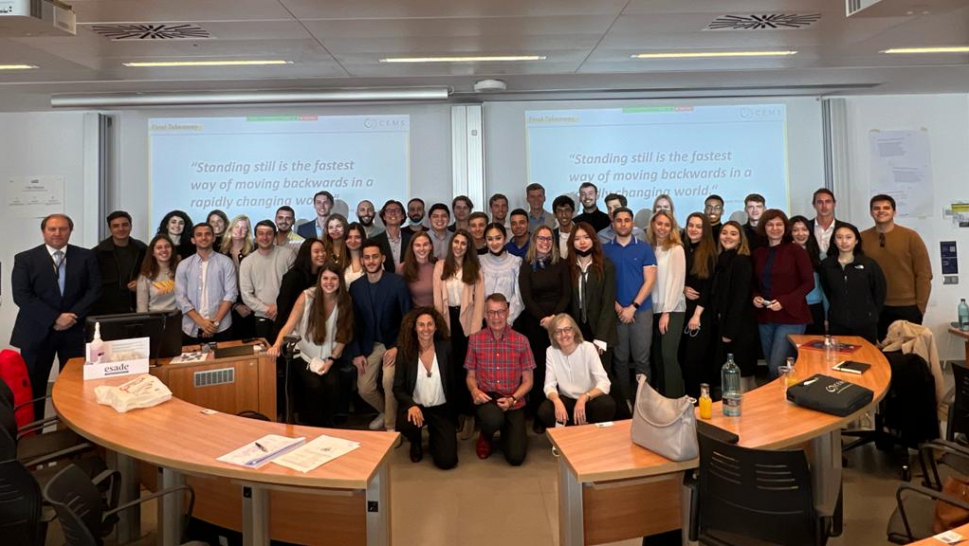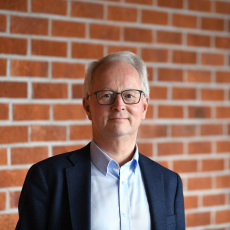The learning journey was composed of a significant amount of analysis of CEMS values and interviews with people involved in CEMS. Our interview partners ranged from professors, program managers, academic and executive directors of CEMS, to the dean of ESADE, and even one of the founders of CEMS - Jean-Paul Larçon. The interviews helped students to gain a better understanding of the origins of CEMS and the values that every individual member experiences in the alliance. Gladly, these values matched across all interviewees. However, there also have been significant differences in the way people see the near future of CEMS, in particular the priority given to consolidation versus further expansion. It has been a fruitful discourse and discussion with many people involved in CEMS.
All the effort ultimately led to us students preparing presentations on how we could improve our alliance. On the last day of the seminar, we got together with representatives from CEMS and held these presentations. Every group was focused on a different region in the world and was entrusted with a different topic like more global involvement of the alliance or strengthening the alumni network. Students went out of their way to create rankings for potential new member schools, create roadmaps to the acquisition of new members, develop ideas for scholarship programs and funding for students, and seek opportunities for involvement in global issues like climate change, sustainability, and much more.
The feedback from the representatives of CEMS has been overwhelmingly positive and we are sure we will see some of our ideas implemented. From a personal point of view, it has been an amazing journey through the course. In the beginning, I thought this would be just another theoretical leadership course, but I got positively surprised. I had the chance to contribute to the development of our alliance and our academic community. This was what having impact feels like.
Lastly, I want to thank everybody in the class for their contribution to the project. It was very fun working with each and every one to accomplish what we set ourselves to do. I want to also thank Rita Soltesz, Nicole de Fontaines, Ivana Casaburi and Josep Franch for attending our presentations in person and Eugenia Bieto, former Director General of ESADE and CEMS Chair, for attending online. Additionally, special thanks to our professor Jaap Boonstra and our TA Dominique Steinebach for teaching our course and helping us where they could with guidance and ideas.
CEMS MIM student at ESADE & WU Vienna




